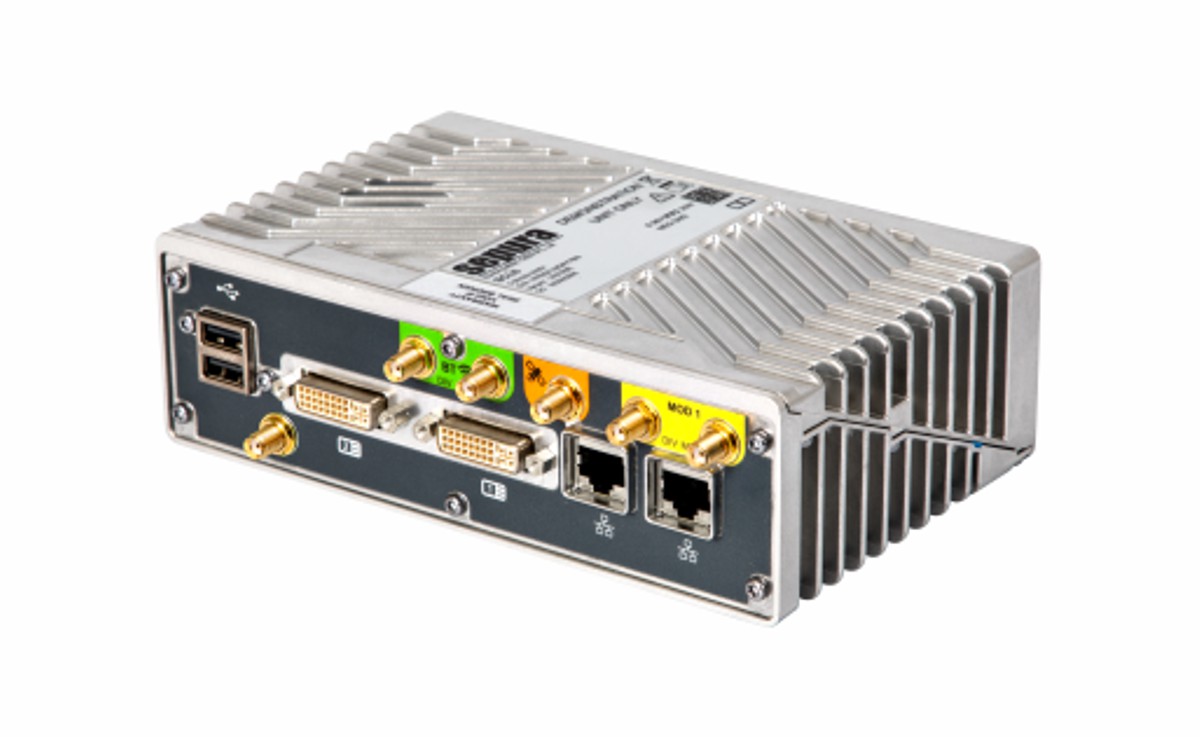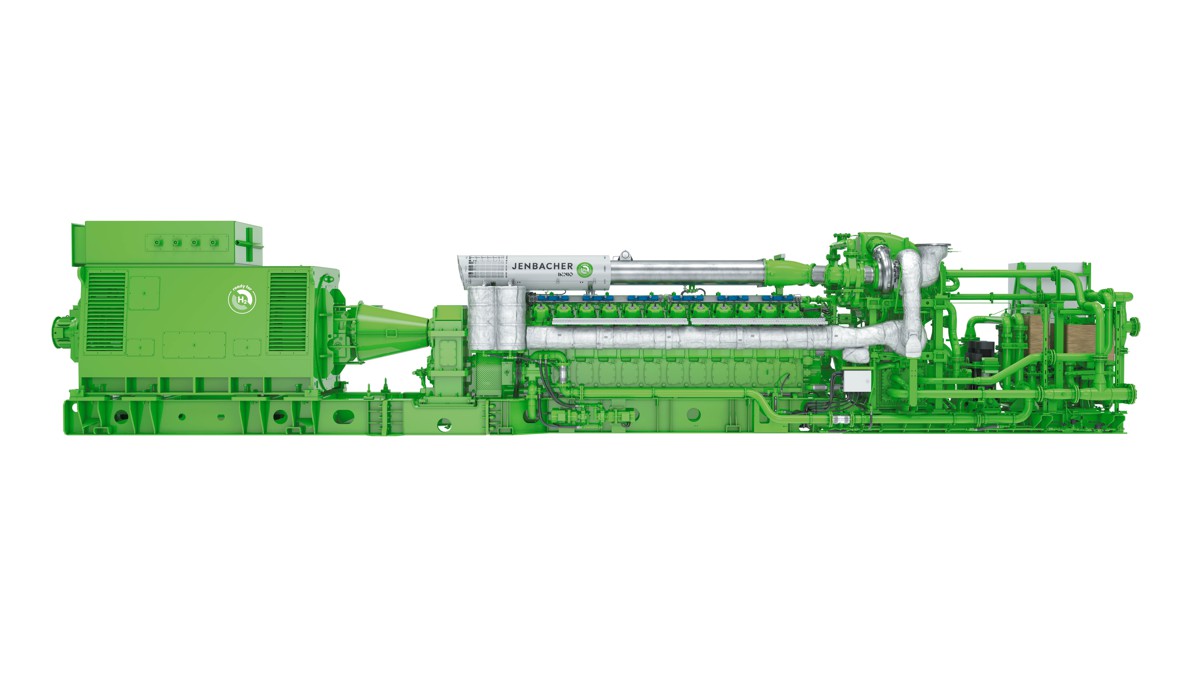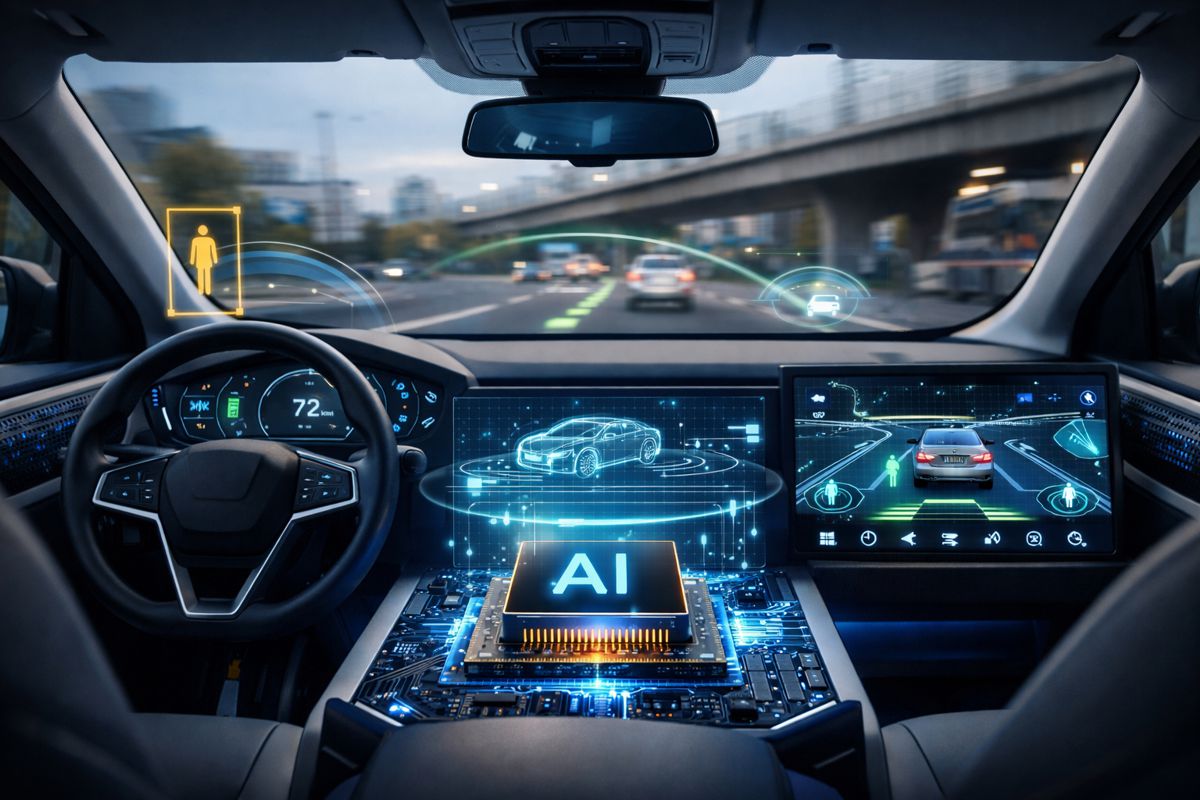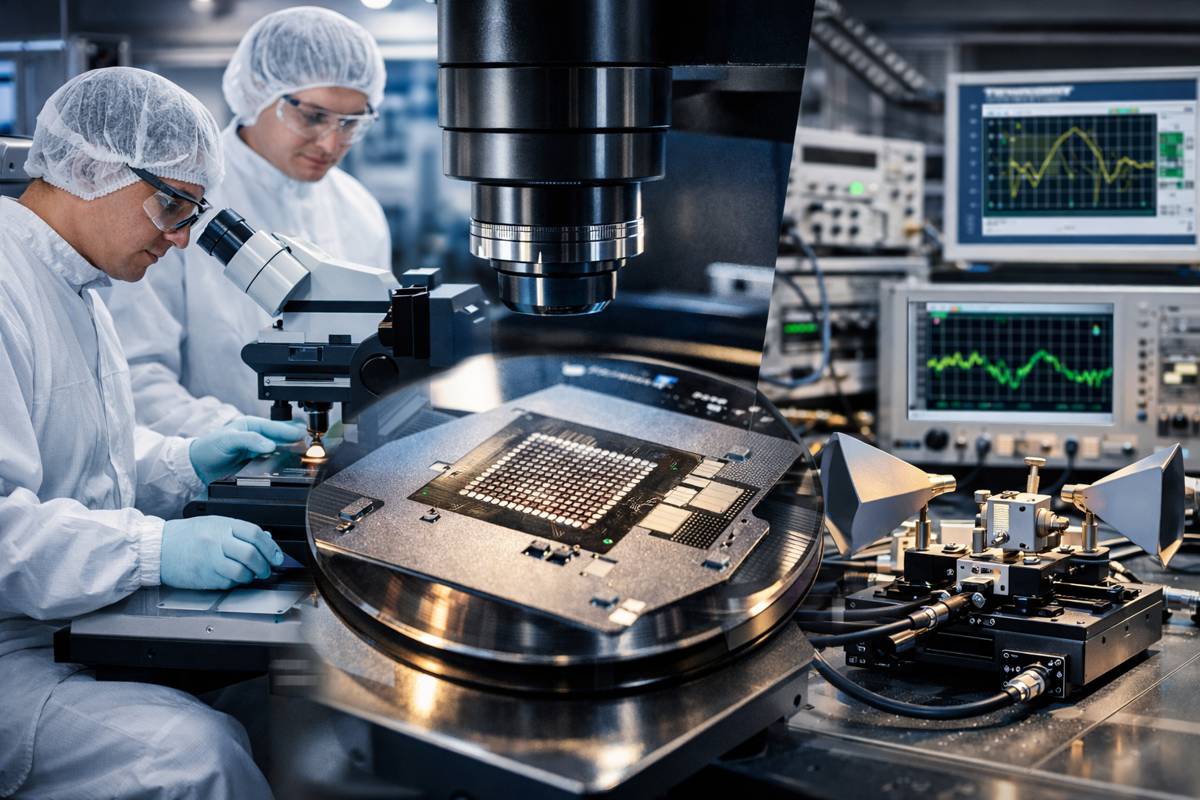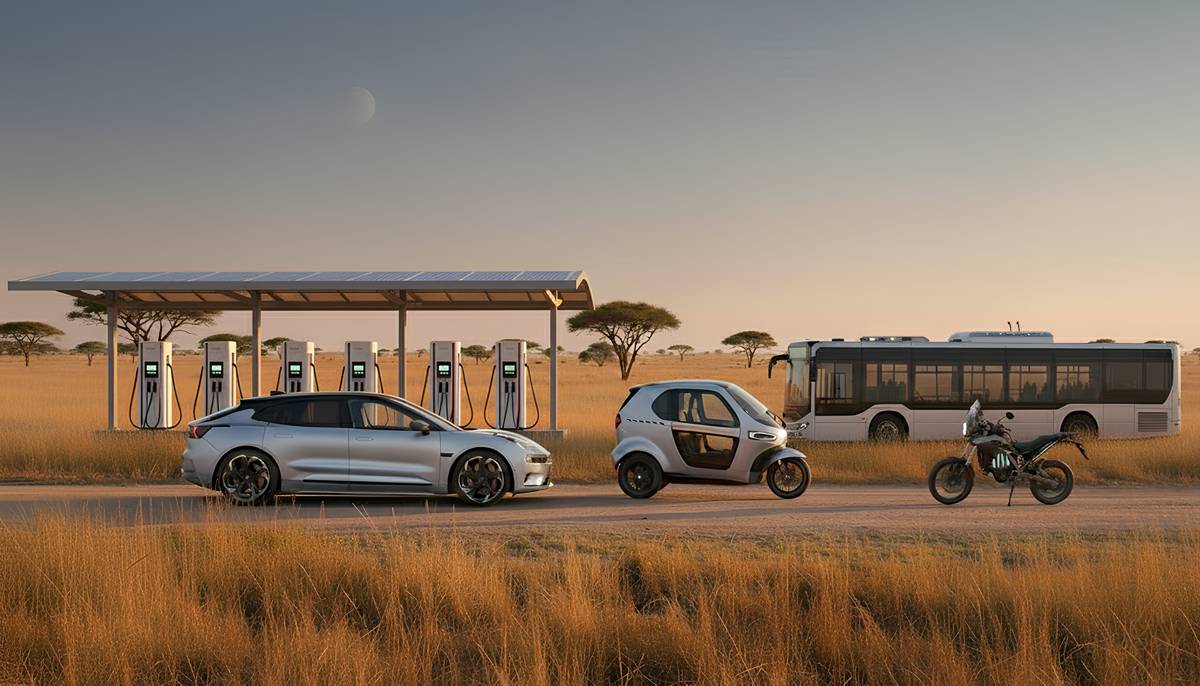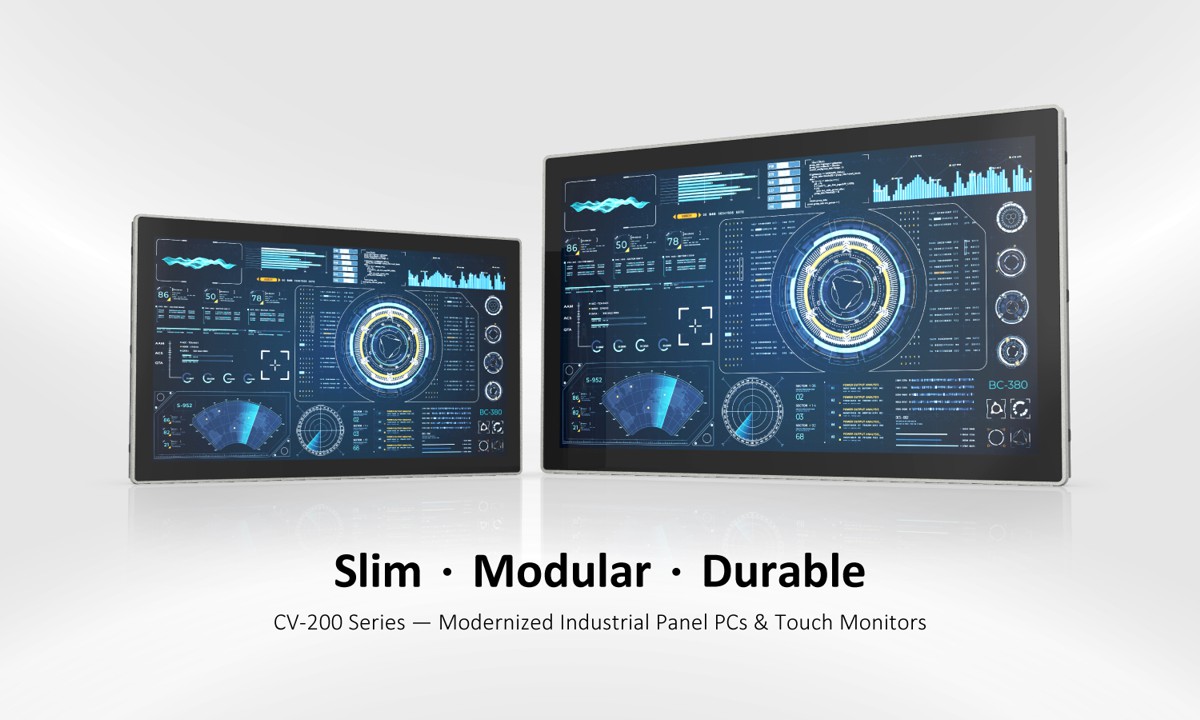Sepura chooses Softil MCX Technology for next-gen First Responder innovations
Mission critical communications device provider Sepura and the world’s leading broadband MCX solutions enabler Softil today jointly announce that Softil’s Mission Critical Push-to Talk, Data and Video (MCX) Software Development Kit (SDK) has been adopted by Sepura to support its Android OS-based broadband vehicle and handheld communication devices and applications.
The announcement underlines Sepura’s continued commitment to provide interoperable communications solutions to meet the needs of mission and business critical users. Leveraging both narrowband and broadband technologies, Sepura’s broadband vehicle and handheld solutions combine the robust mission critical communications provided by TETRA, with the rich communications offered by MCX technology. First responders in blue light organisations and users in commercial and business-critical environments, such as mining and transportation, will be the first to benefit.
Sepura’s broadband devices support Mission Critical Voice (MCPTT) and data (MCData) features. Built on the Android operating system, the devices provide compatibility with a wide range of applications which have been designed to run on existing Android smartphones and tablets. Sepura has chosen to add MCX capabilities as part of the device’s firmware which is the only way to guarantee full utilisation of the device’s powerful hardware capabilities. This, in turn, dramatically enhances the user experience and delivers exceptional performance and stringent adherence to standard and service provider specific KPIs.
“Sepura brings together devices and data applications to create compelling solutions that enable customers in over 100 countries to address the demanding operational challenges they face every day,” says Peter Hudson, Sepura’s Chief Technology Officer. “Bringing enhanced MCX communication vehicle and handheld solutions to market and ensuring their interoperability with all MCX servers in the most cost and time-efficient way is achieved through the adoption of Softil’s enabling technology.”
“Sepura is a leader in public safety communications solutions and Softil is delighted to partner with the company to begin this new journey into the burgeoning MCX market,” adds Pierre Hagendorf, Softil’s CEO. “The adoption of our SDK for its new ranges of vehicle devices and handhelds will ensure interoperability with the growing MCX ecosystem.”
Ensuring interoperability of varying MCX systems avoids silos and enables first responders to better communicate amongst themselves during routine daily tasks and during major disasters.
Sepura’s hybrid vehicle device, the SCU3, providing both MCX broadband and TETRA capabilities, is an evolution of its proven TETRA solution deployed today by more than two million public safety and mission-critical users around the world. The device along with its Mobile Device Management solution becomes a complete vehicle communication hub giving customers a clear upgrade path for their mission-critical communications needs.
Sepura’s SCU3 Broadband Vehicle Device has successfully demonstrated compliance with the Global Certification Forum’s (GCF) technical requirements for the certification of devices incorporating 3GPP technologies and functionalities, ensuring its compatibility for use on mobile networks around the world using 2G, 3G and 4G technologies.
Softil, the world’s leader in delivering standards-based, fully tested, interoperable, market-proven IP communications solutions, has been the prime enabler of MCX markets for the past five years. Its MCX-enabling technology is now at the heart of the mission-critical market in public safety which analysts see as a market surpassing $20 billion by 2028.
Softil’s technology allows developers to quickly build standards-based, best-in-class solutions destined for any network and ensures full assurance of interoperability with other standards-based tools entering the MCX product ecosystem.
Softil’s enabling technology works on all common operating systems including Windows, (many flavours of) Linux, Android and iOS. iOS and Android are the personal operating systems of most First Responders, while Linux and Windows are commonly used for vehicle, train and other embedded devices and solutions.
